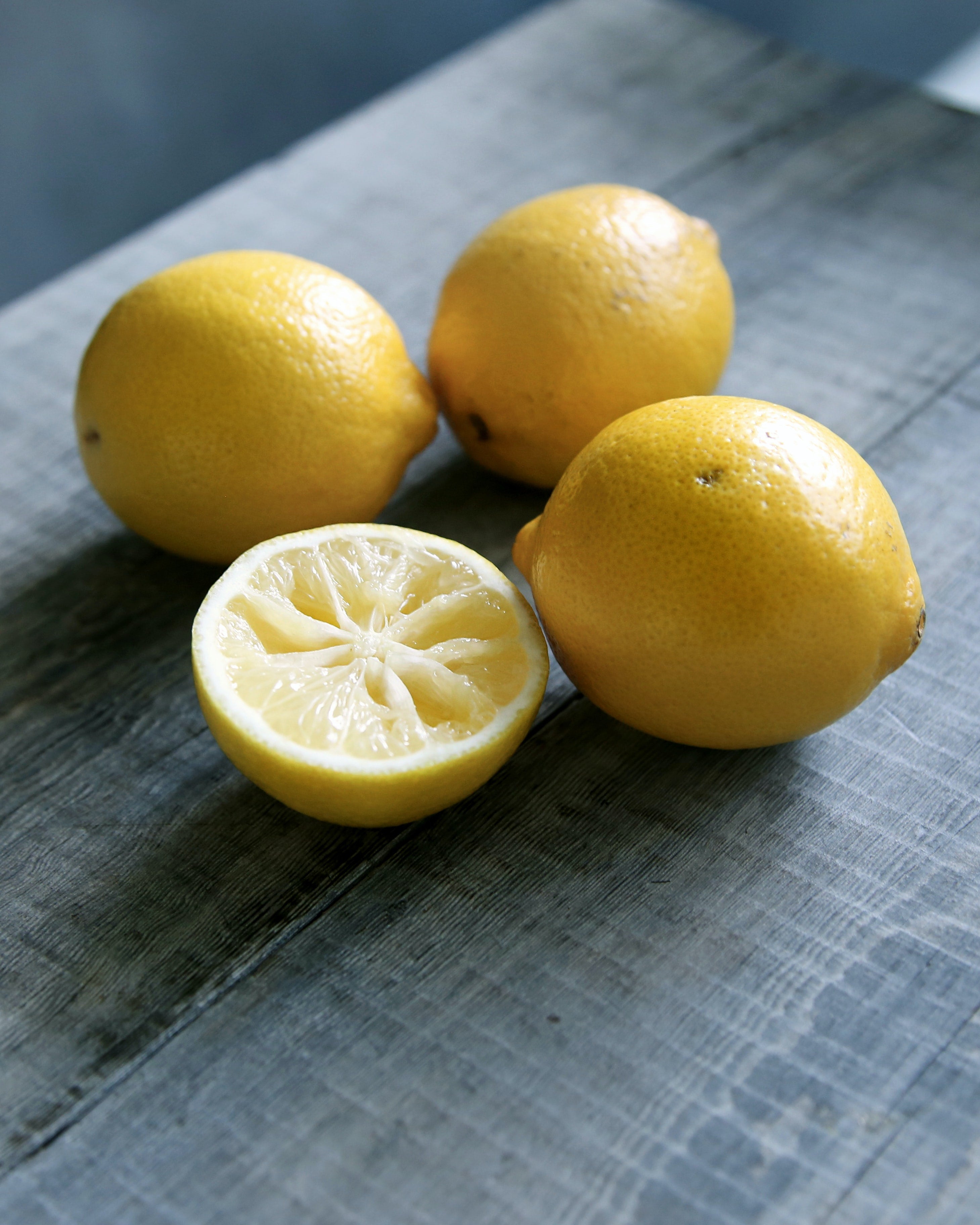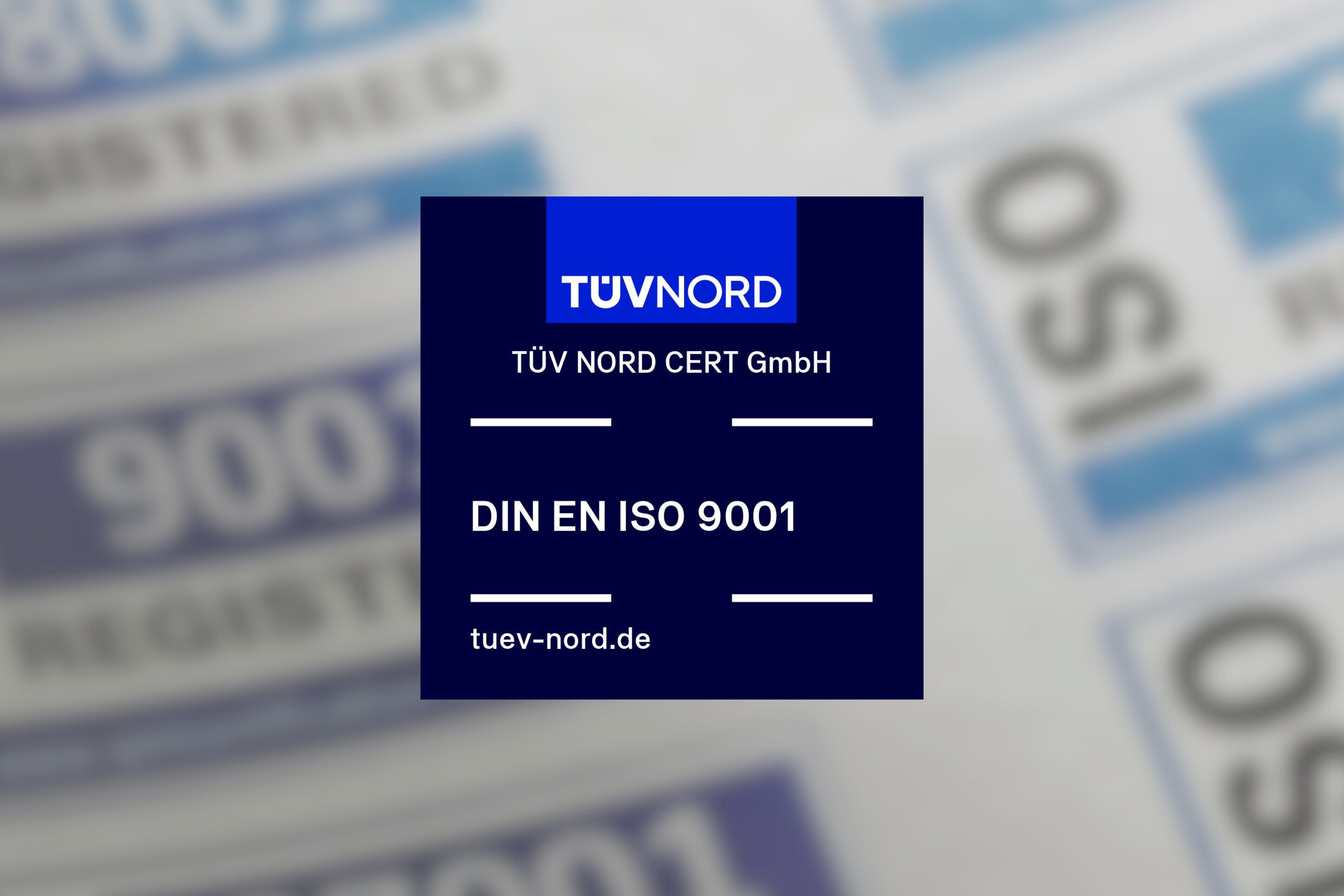Therefore, the power of the lemon is also in many commercial cleaners for the kitchen and bathroom. But why buy expensive cleaning products when you can make a powerful lemon cleaner yourself. 100% natural - inexpensive and still efficient!
We tell you which three ingredients you need for your secret weapon against limescale and dirt and how you make the DIY lemon cleaner.

Lemons, oranges and limes sometimes end up in every kitchen and are processed into cakes, juice, sauces, or other delicacies. What remains are peels and usually also some pulp.
It can be perfectly recycled and turned into a powerful cleaner for the kitchen and bathroom.
Yes, you read correctly: From the waste of citrus fruits, household cleaners and miracle weapons can be made that help against unpleasant odors.

What you need for your powerful DIY lemon cleanse:
- the peels of lemons, limes and/or oranges
- vinegar 10% or vinegar essence
- (distilled) water
- a screw-top glass jar to prepare the mixture
- an old spray bottle or glass bottle with a spray head for decanting
How to make your DIY lemon cleaner
Step 1:
First, put the cut peels into a screw-top jar to fill the jar well.
Depending on the number of your citrus peels, use a small or large screw-top jar.
Step 2:
Now fill the jar with vinegar until the peels are completely covered, and no air remains in the jar.
Step 3:
Let the mixture stand for 1 to 2 weeks. Then you can carefully transfer the liquid into a spray bottle and fill it up with (distilled) water in a 1:1 ratio.
The result is a powerful lemon cleaner, which you can use in many ways in the kitchen and bathroom to clean shelves. The cleanser is also perfect for streak-free cleaning of windows.
Note:
The amount of lemon peels is not entirely relevant. The more peels you have, the more cleaner you can prepare.
The only important thing is that you fill an appropriate screw-top jar with peels so that it is well stocked and you can pour vinegar all over it.
It would be best to be careful with susceptible surfaces such as marble, granite and wooden surfaces. Here the citrus-vinegar mixture could be too "aggressive" on the delicate materials.
Did you know that you can also use citrus, otherwise very versatile in the household, to replace household cleaners and Co?
Follow us on Instagram to learn more about sustainable, natural alternatives and Denttabs and don't miss any of our new blog posts.
Click for more interesting posts on our blog.
We wish you a lot of fun!
Your Denttabs Team





Split:
Make your own plastic free toilet cleaner
DIY: Plastic-free Christmas season